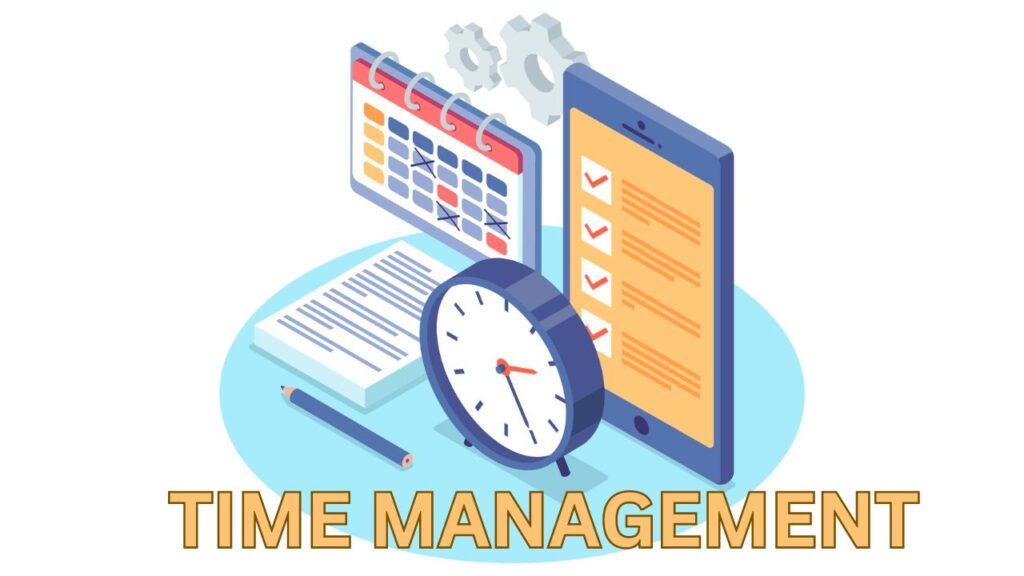In today’s busy world, stress has become an unavoidable part of life. From work pressures to personal responsibilities, we all encounter stressors that can take a toll on our physical and mental well-being. However, the way we manage and cope with stress can make a significant difference in our overall quality of life. Here, we want to look into the importance of stress management, the impact of stress on our health, and offer practical coping strategies to help you navigate life’s challenges with resilience.
Jump to Section:
ToggleUnderstanding Stress: The Good and the Bad
Stress is an inherent part of human life, and it affects us in various ways, both positively and negatively. To effectively manage and cope with stress, it’s crucial to comprehend the nuanced nature of this complex phenomenon. Stress can be characterized as either “good” or “bad” depending on its source, intensity, and duration.
The Good: Eustress
Eustress is often referred to as “good stress.” This form of stress is a positive force that can provide motivation, excitement, and a sense of purpose. Eustress is typically short-term and results from situations or challenges that are perceived as manageable and even enjoyable. For example, the anticipation of a challenging but rewarding task, such as a stimulating project at work, planning a wedding, or preparing for a sports competition, can all induce eustress.
Eustress can be invigorating, enhancing performance and productivity. It activates the body’s natural “fight or flight” response, releasing hormones like adrenaline and cortisol that prepare us to tackle challenges. This heightened state of alertness can lead to improved focus, creativity, and the ability to overcome obstacles. Eustress is, in essence, the “spice of life” that keeps us engaged and motivated.
The Bad: Distress
On the other hand, distress, often simply referred to as “stress,” is the negative side of the stress spectrum. Distress arises from situations that are perceived as overwhelming, threatening, or beyond one’s ability to cope. It can be chronic or acute, and it has a detrimental impact on mental, emotional, and physical well-being.
Distress triggers a prolonged release of stress hormones, which, when experienced over extended periods, can lead to physical and mental health issues. Common sources of distress include financial problems, work-related pressure, relationship conflicts, health concerns, and traumatic events. Distress can manifest in a variety of ways, including anxiety, depression, physical ailments, and disrupted sleep patterns.
It is essential to recognize the signs of distress and seek appropriate coping strategies to manage it effectively. Ignoring or neglecting distress can lead to burnout, chronic health problems, and a decrease in overall quality of life.
Balancing Act: The Role of Perception
While eustress and distress are two ends of the stress spectrum, it’s important to note that the distinction between them is not solely determined by external circumstances. Rather, it often hinges on an individual’s perception and ability to cope. What one person may perceive as eustress, another may interpret as distress, depending on their personal resilience, coping mechanisms, and mindset.
Understanding the good and bad aspects of stress is the first step in effective stress management. By recognizing the potential benefits of eustress and identifying distress when it occurs, individuals can take proactive steps to mitigate the negative effects and harness the positive aspects of stress.
The Impact of Stress on Health
Chronic stress can have a profound impact on our physical and mental health. Understanding these effects is crucial for recognizing the importance of stress management. Indeed, if you are currently experiencing any of the following, other things being equal, it may be a symptom of stress:
1. Cardiovascular Issues
Chronic stress can increase blood pressure and the risk of heart disease. It contributes to the buildup of plaque in arteries and can lead to heart attacks or strokes.
2. Mental Health Conditions
Stress is a significant contributor to mental health disorders, including anxiety and depression. It can exacerbate symptoms and hinder recovery.
3. Digestive Problems
Stress can lead to digestive issues such as irritable bowel syndrome (IBS) and exacerbate symptoms of conditions like acid reflux.
4. Immune System Weakening
Chronic stress weakens the immune system, making the body more susceptible to infections and illnesses.
5. Weight Gain
Stress can lead to overeating or unhealthy eating habits, contributing to weight gain and obesity.
6. Sleep Disturbances
Stress can disrupt sleep patterns, leading to insomnia or poor-quality sleep, which, in turn, exacerbates stress.
Effective Stress Management and Coping Strategies

The key to a healthier and more balanced life is not to eliminate stress entirely but to manage it effectively and develop coping strategies. Here are practical approaches to help you navigate life’s challenges with resilience:
1. Mindfulness and Meditation
Mindfulness and meditation are powerful techniques for stress management. Mindfulness involves staying present in the moment, acknowledging your thoughts and feelings without judgment, and cultivating a sense of calm. Regular mindfulness practice helps reduce stress by promoting relaxation and improving emotional regulation. Meditation, on the other hand, is a focused practice that encourages mental clarity and emotional stability. Techniques like deep breathing, guided meditation, and progressive muscle relaxation can help you stay grounded and reduce stress.
2. Physical Activity
Regular exercise is a proven stress-buster. Physical activity releases endorphins, the body’s natural mood lifters, and reduces the production of stress hormones. Whether it’s going for a run, practising yoga, or simply taking a brisk walk, exercise is an effective way to manage stress. It also promotes better sleep, which is crucial for stress relief. By incorporating physical activity into your daily routine, you can significantly reduce stress and enhance your overall well-being.
3. Social Support
Maintaining a strong support system is vital for stress management. Sharing your feelings and concerns with friends, family, or a support group can provide emotional relief and help you gain perspective on challenging situations. Social connections offer a sense of belonging and provide a network of people who can offer encouragement and practical assistance when needed. Feeling understood and supported by others can alleviate distress and contribute to a greater sense of well-being.
4. Time Management
Effective time management is a key component of stress management. By organizing your tasks and setting priorities, you can reduce the feeling of being overwhelmed. Use time management techniques like to-do lists, goal setting, and time blocking to enhance productivity and create a sense of control over your schedule. By accomplishing tasks more efficiently, you can reduce the stress associated with looming deadlines and a busy lifestyle.
5. Relaxation Techniques
Relaxation techniques, such as deep breathing, progressive muscle relaxation, and visualization, are valuable tools for combating stress. Deep breathing exercises help slow down your heart rate and reduce muscle tension, promoting a state of calm. Progressive muscle relaxation involves systematically tensing and then releasing different muscle groups in your body, which can alleviate physical stress. Visualization techniques encourage you to create mental images of serene and peaceful environments, helping you escape from stressful situations and find relaxation.
6. Healthy Lifestyle Choices
Maintaining a healthy lifestyle can have a significant impact on stress management. A balanced diet, regular sleep, and adequate hydration are essential for overall well-being. Reducing the intake of stimulants like caffeine and alcohol, as well as avoiding tobacco products, can also contribute to stress reduction. Additionally, limiting the consumption of processed foods and increasing the intake of fruits and vegetables can positively affect your physical and emotional health.
7. Cognitive Restructuring
Cognitive restructuring is a technique that involves identifying and challenging negative thought patterns and replacing them with more positive and constructive ones. Stress often results from distorted thinking, such as catastrophizing or overgeneralization. By recognizing these unhelpful thought patterns and practising cognitive restructuring, you can change your perspective on stressful situations and reduce emotional distress.
8. Seek Professional Help
In some cases, seeking professional help may be necessary for effective stress management. Therapists, counsellors, and psychologists can provide valuable guidance and support for individuals dealing with chronic stress, anxiety, or depression. Therapy can help you explore the root causes of your stress, develop coping strategies, and address underlying emotional issues. If you find that stress is significantly impacting your daily life and well-being, do not hesitate to reach out to a mental health professional for assistance. They can provide you with the tools and techniques needed to effectively manage and cope with stress.
Applying Stress Management in Different Contexts
Effective stress management can improve various aspects of your life. Let’s examine the following areas:






